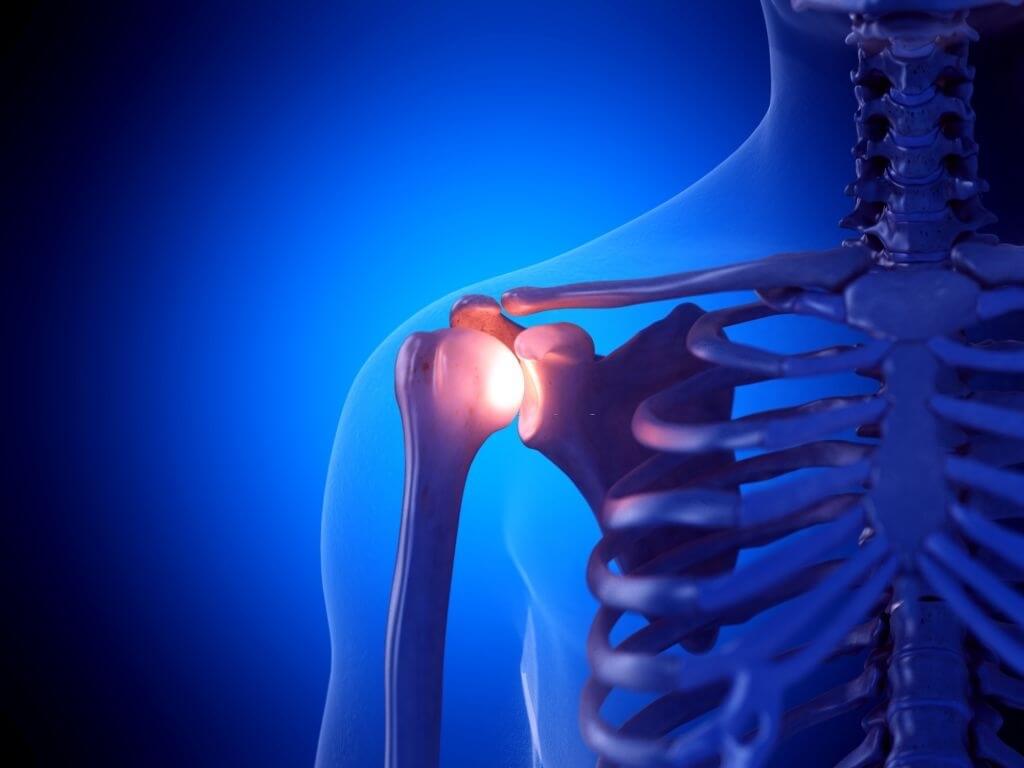Pain and stiffness in your joint can make you uncomfortable to immobilize your arm after which every activity including sleep will create difficulties. From the statement by Dr. Christopher Camp (an orthopedic surgeon) “frozen shoulder is characterized by stiffness and pain in shoulder joint especially, unbearable at night.”
Frozen shoulder is also called by its scientific term “adhesive capsulitis” and commonly it’s a condition defined by difficulty in mobilizing your arms due to stiffness according to Dr. Camp.
What Frozen Shoulder Actually Means?
With age the nerve system of the body damages which leads to poor movement of different parts of the body. As per experts, the frozen shoulder is also one such condition that troubles one with daily movement and routine works.

With his words, frozen shoulders can develop when lining around the shoulder joint gets inflamed either due to a small fracture or surgery or any other injury. It thickens as time passes and later forms a scar-type tissue.
Mainly frozen shoulder develops in three stages and the symptoms and treatment process depends on the stage where you are present.
The Symptoms shown are pain from the joint, difficulties in mobilizing for a period of time span. In this period worse conditions suffered in the early phase where the pain becomes harder to bear. Pain location will be sometimes on the outer side of the arm and upper side.
In its inflammation, the first phase is an inflammatory or freezing phase. It is the most painful phase in which you will find your arm with day by day slowly increasing pain. As the pain worsens your arm will be harder to move. This pain lasts from 6 weeks to 9 months. The pain can be reduced to a little level with the help of steroid injection.
In its second phase of inflammation improvement in symptoms may reduce to a little bit with remaining stiffness in the arm. Here your daily routines works are hard to manage during 4 to 6 months. This phase is known as the frozen stage.
The third and last phase is thawing where your shoulder can finally relax and return to its normal strength. Here the arm gets its motion back from 6 months to 2 years.
Even if it does not recover appropriately within six to 12 months, then surgery is available as of last hope. But surgery will progress after a full analysis of arms by the physician. Your doctor will test you by examining your arm motion.
Types of the test helped the doctor to understand include X-rays, ultrasound, and resonance imaging. Here structures will clearly show up in images and after the doctor can identify where the problem lies. According to that further steps will be taken by the doctor to resolve its function.
The underlying cause for frozen shoulder is not been fully understood till now. Researchers are still working on it. But, here are some factors that are associated with the risk of developing a frozen shoulder. Because of pre-existing disease can also allow the frozen shoulder to happen. The factors can be diabetes, hypothyroidism, hyperthyroidism, and cardiac disease.
Frozen shoulder generally healing process varies with time. It may completely heal up within 1 or 2 months and may sometimes it can take 3 complete years to restore its motion and strength in arms.
Although, some nonsurgical treatments are also present for improvement. With the help of non-steroidal anti-inflammatory medicines can reduce pain and stiffness and steroid injection can be injected directly into arms. Physical therapy including stretching is also recommended under supervision. Range of motion exercise can bring mobility in your arms and strengthen.